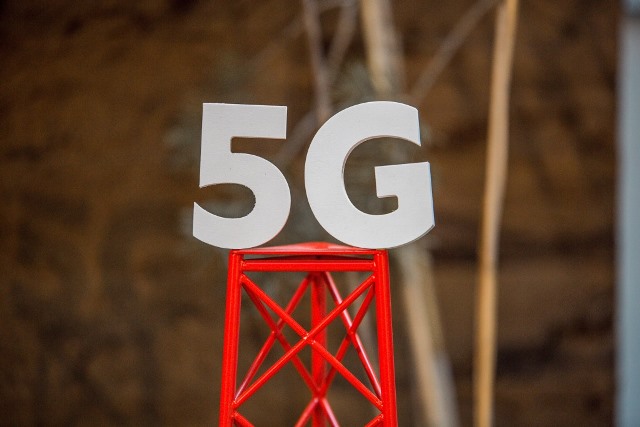Fitch Ratings today said Vodafone Idea and Bharti Airtel are unlikely to participate during forthcoming 5G spectrum auction in the wake of the recent Supreme Court ruling on AGR definition.

“We expect the India government to hold a 5G spectrum auction in the next 12-18 months. However, we believe the incumbents would be unlikely to participate if they had to pay unpaid regulatory dues in the short term,” Fitch Ratings said.
Fitch Ratings has also placed Bharti Airtel’s BBB- Long-Term Foreign-Currency Issuer Default Rating (IDR) on Rating Watch Negative (RWN).
The agency has also placed Airtel’s and Bharti Airtel International’s senior unsecured bonds and Network i2i’s subordinated perpetual bonds on RWN.
The RWN reflects uncertainty on the amount and timing of unpaid regulatory dues, after the Supreme Court ruled on 24 October in favour of the Department of Telecom’s (DoT) definition of adjusted gross revenue (AGR). This led to DoT’s demand that Airtel pay unpaid dues on licence fees of $3 billion. There may be another potential demand of $2.9 billion in regard to unpaid dues on spectrum usage charges.
The resolution of the RWN, which may take more than six months, requires clarity on the exact amount and timing of the payment of unpaid dues and whether the government will provide any financial relief to the telco sector affected by the court ruling.
Fitch estimates Airtel’s funds from operations (FFO) adjusted net leverage could worsen to around 3.1x-3.4x for the financial year ending March 2020 (FY20, earlier estimate of 2.0x-2.2x) – excluding $6.3 billion in deferred spectrum costs – if the company had to pay entire estimated unpaid dues of $5.9 billion, funded out of debt. This leverage would be significantly higher than 2.5x threshold above which Fitch would consider negative rating action.
However, Airtel may be able to partly fund the unpaid dues through a planned stake sale of $2.5 billion-3.5 billion in the combined Bharti Infratel (Infratel) and Indus Tower entity, which is awaiting regulatory approval of the merger. Deconsolidation of Infratel-Indus would lead to cash outflow for tower lease rentals, nullifying any significant leverage benefits.
Airtel has approached the India government to seek clarity on the exact amount and relief on the unpaid dues, out of which interest and penalties constitute about 75 percent. Airtel may seek relief through filing a review petition in the Supreme Court against the judgement.
Airtel management is committed to an investment-grade rating and raised about $5.6 billion in equity through a rights issue and stake sales in Airtel’s African subsidiary earlier in 2019. Airtel also completed issuance of a subordinated $750 million perpetual bond, on which Fitch assigns 50 percent equity credit.
Airtel will not need to pay the dues of acquired companies Telenor India and Tata Teleservices as it is indemnified by the respective previous owners for their dues.
Fitch said Supreme Court ruling is credit-negative for the industry, after DoT’s demand of unpaid dues on licence fees and spectrum usage charges of at least $19 billion from telcos.
Airtel’s average revenue per user (ARPU) expects to improve by 10-15 percent in 2020. “We forecast FY20 revenue and EBITDA to rise by mid-single-digit percentages, driven by better ARPUs in the Indian mobile segment and steady growth in the African and enterprise segments,” Fitch said.
Airtel India’s mobile EBITDA is likely to increase by 15-20 percent on data-usage growth and higher blended ARPU.
Indian mobile EBITDA of Airtel rose by 7 percent qoq to INR25 billion in 1QFY20 after improving by 33 percent in 4QFY19. Indian mobile ARPU remained flat at INR128 in 2QFY20 after rising by 5 percent qoq to INR129 in 1QFY20.
Airtel India’s 4G subscribers increased by 8 percent qoq to 103 million in 2QFY20, along with qoq growth in average data consumption by 10 percent to 13GB per month per user.





